How to Make Your Own Organic Bug Spray
Making your own organic bug spray can be a fun and rewarding experience, not to mention a great way to keep pesky insects at bay without harming yourself or the environment. By using natural ingredients, you can create a bug repellent that is both effective and safe for you, your loved ones, and the ecosystem. Let's dive into the world of organic bug spray and discover how easy it is to make your own!
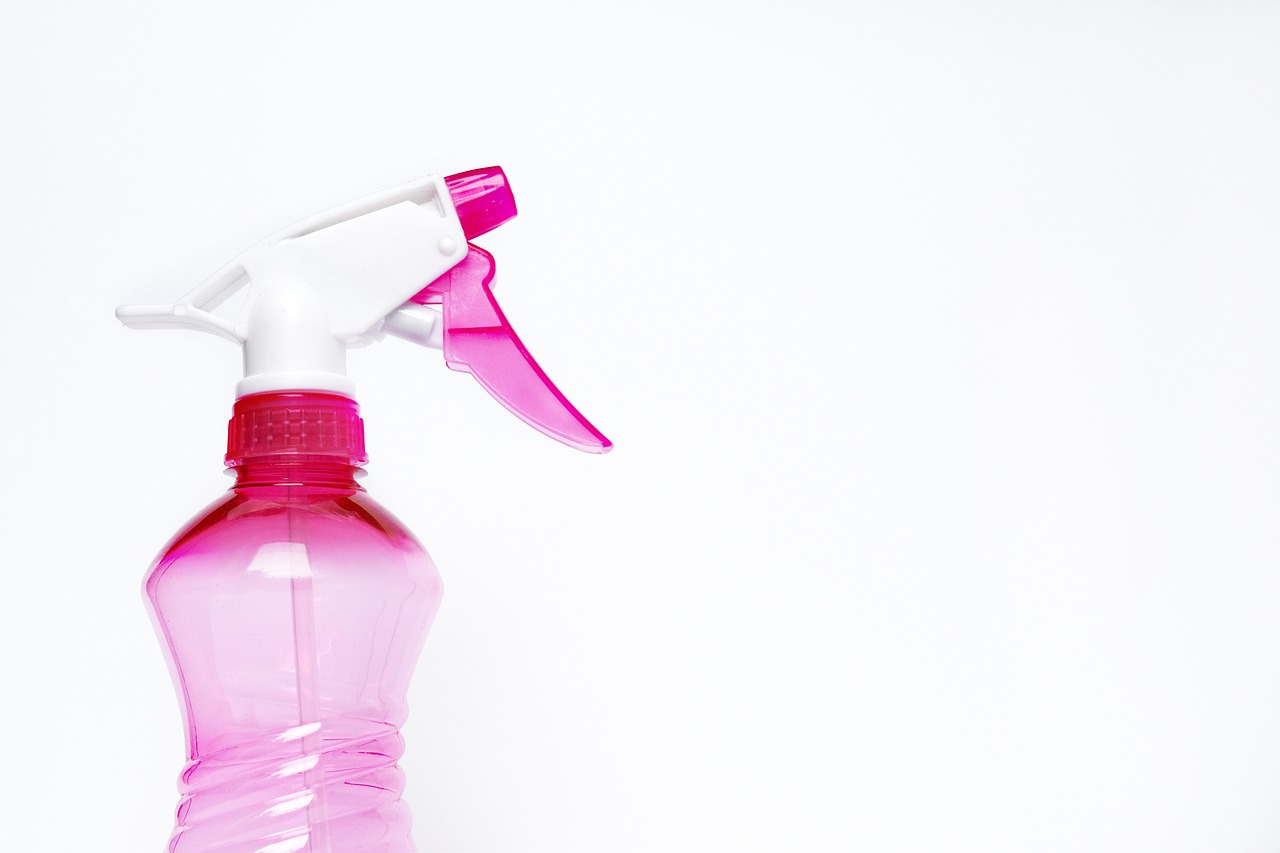
Benefits of Organic Bug Spray
Organic bug spray offers a plethora of benefits that go beyond just keeping pesky insects at bay. By opting for natural bug repellents, you are choosing a safer alternative for both yourself and the environment. Unlike conventional chemical-based sprays, organic bug sprays do not contain harmful toxins that can pose risks to your health or the ecosystem. Instead, they harness the power of nature to ward off bugs effectively.
One of the primary advantages of organic bug spray is its non-toxic nature. Traditional insect repellents often contain harsh chemicals like DEET, which can be harmful when inhaled or absorbed through the skin. In contrast, organic bug sprays use plant-based ingredients such as essential oils that are gentle yet effective in repelling insects. This natural approach reduces the risk of adverse reactions and promotes overall well-being.
Moreover, organic bug sprays are environmentally friendly alternatives to chemical pesticides. When you use organic bug repellents, you are not only protecting yourself and your family but also safeguarding the ecosystem. Chemical insecticides can contaminate soil and water sources, impacting wildlife and the balance of nature. By choosing organic options, you contribute to a healthier planet for future generations.
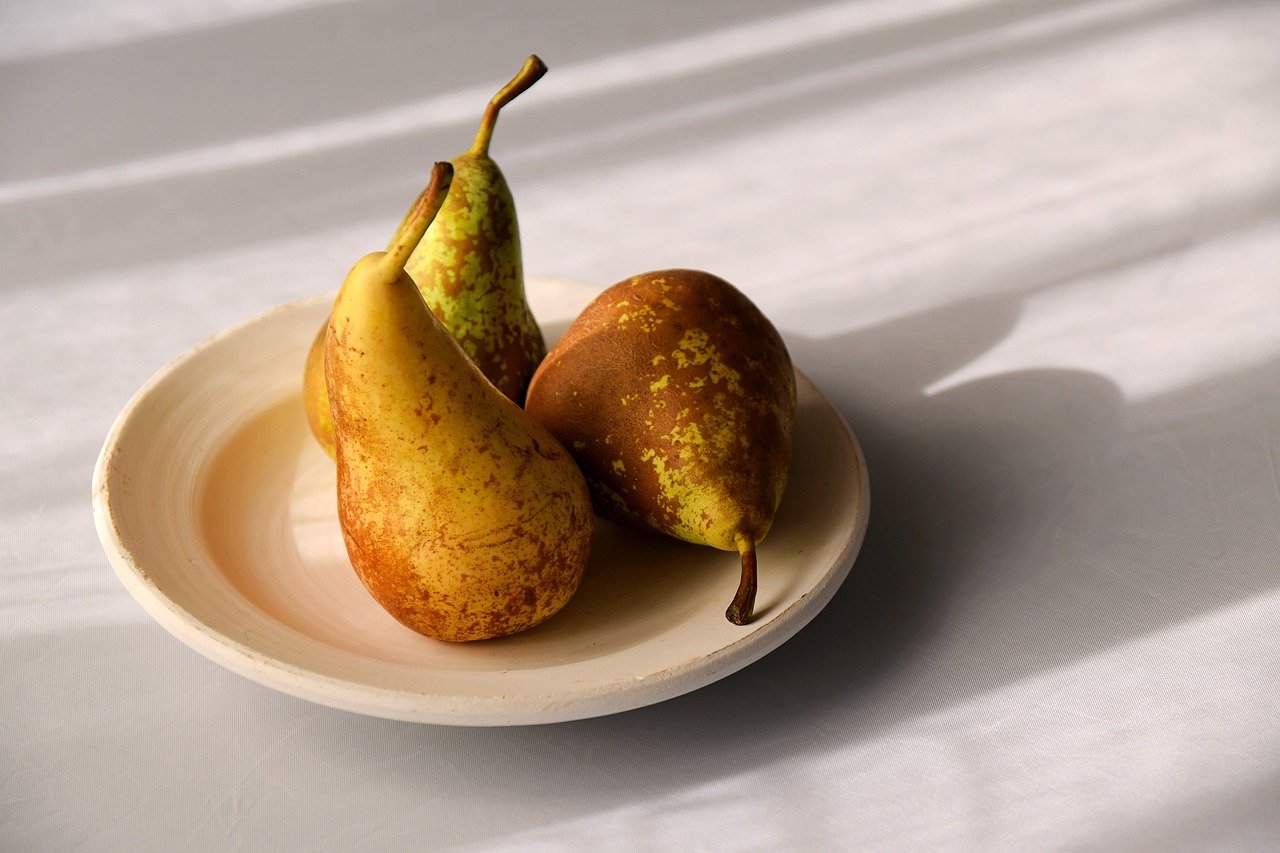
Essential Oils for Bug Repellent
When it comes to creating a natural bug repellent, essential oils play a crucial role in warding off pesky insects effectively. These oils are not only potent in repelling bugs but also offer a range of benefits beyond just keeping bugs at bay. From the calming scent of lavender oil to the strong citrusy aroma of citronella oil, essential oils are nature's way of providing us with safe and eco-friendly bug repellent solutions.
Essential oils are extracted from plants and are known for their aromatic properties, making them ideal for use in bug sprays. Lavender oil, for example, not only repels insects but also promotes relaxation and stress relief with its soothing fragrance. On the other hand, citronella oil, with its distinct citrus scent, is a popular choice for keeping mosquitoes away while adding a refreshing aroma to your bug spray.
When creating your own organic bug spray, incorporating essential oils like lavender and citronella can enhance the effectiveness of your repellent while ensuring that it is safe for you, your family, and the environment. These oils not only serve as natural bug deterrents but also contribute to a pleasant sensory experience, unlike the harsh chemicals found in conventional bug sprays.
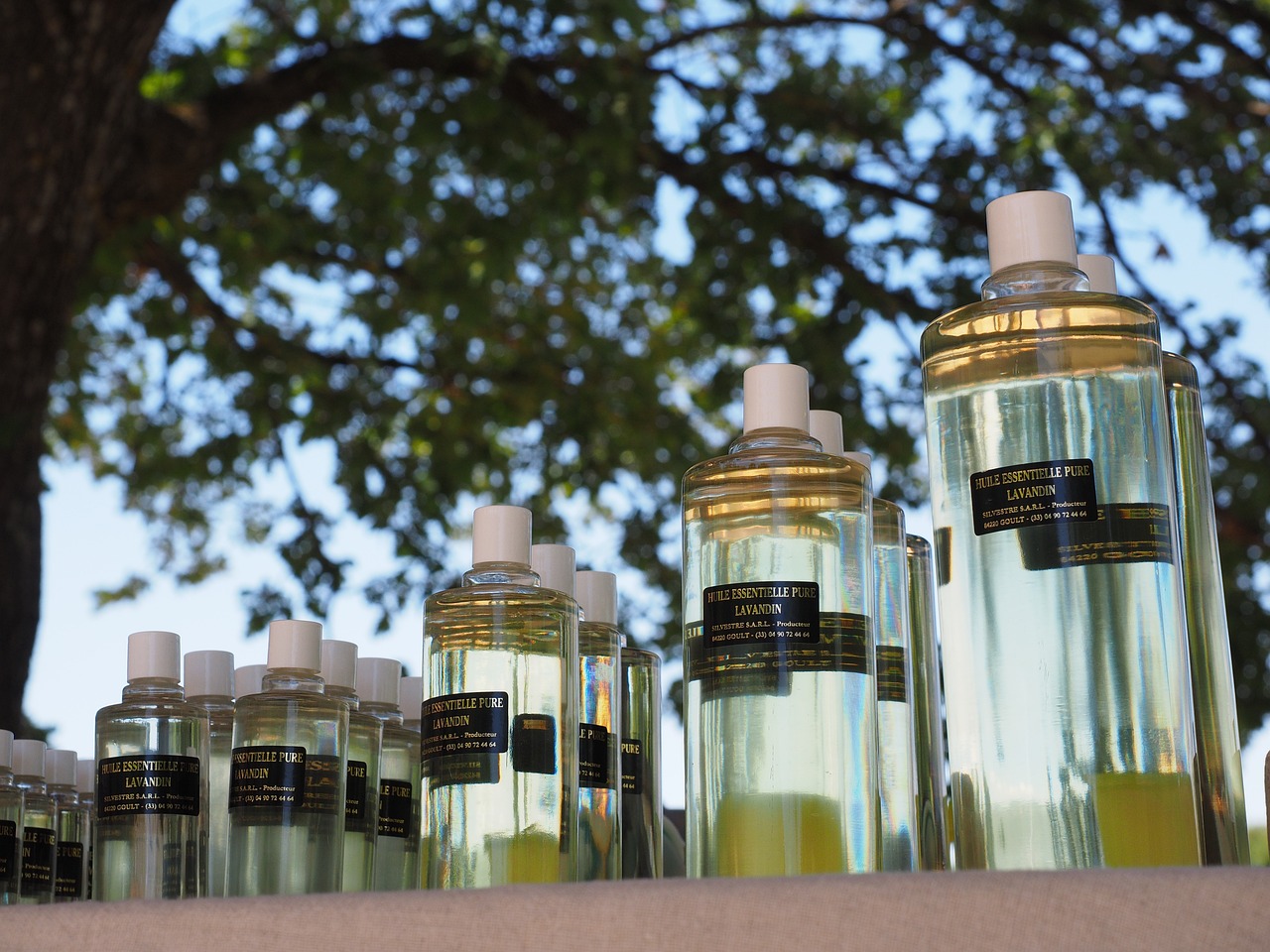
Lavender Oil
Lavender oil is a versatile essential oil that not only boasts a delightful floral aroma but also serves as a powerful bug repellent. Its soothing scent is known to effectively ward off various insects, including mosquitoes, flies, and moths. Additionally, lavender oil offers more than just bug-fighting properties; it is also renowned for its calming effects, promoting relaxation and stress relief. This natural ingredient is a favorite among DIY enthusiasts looking to create their own organic bug sprays due to its dual benefits of repelling bugs and promoting a tranquil atmosphere.
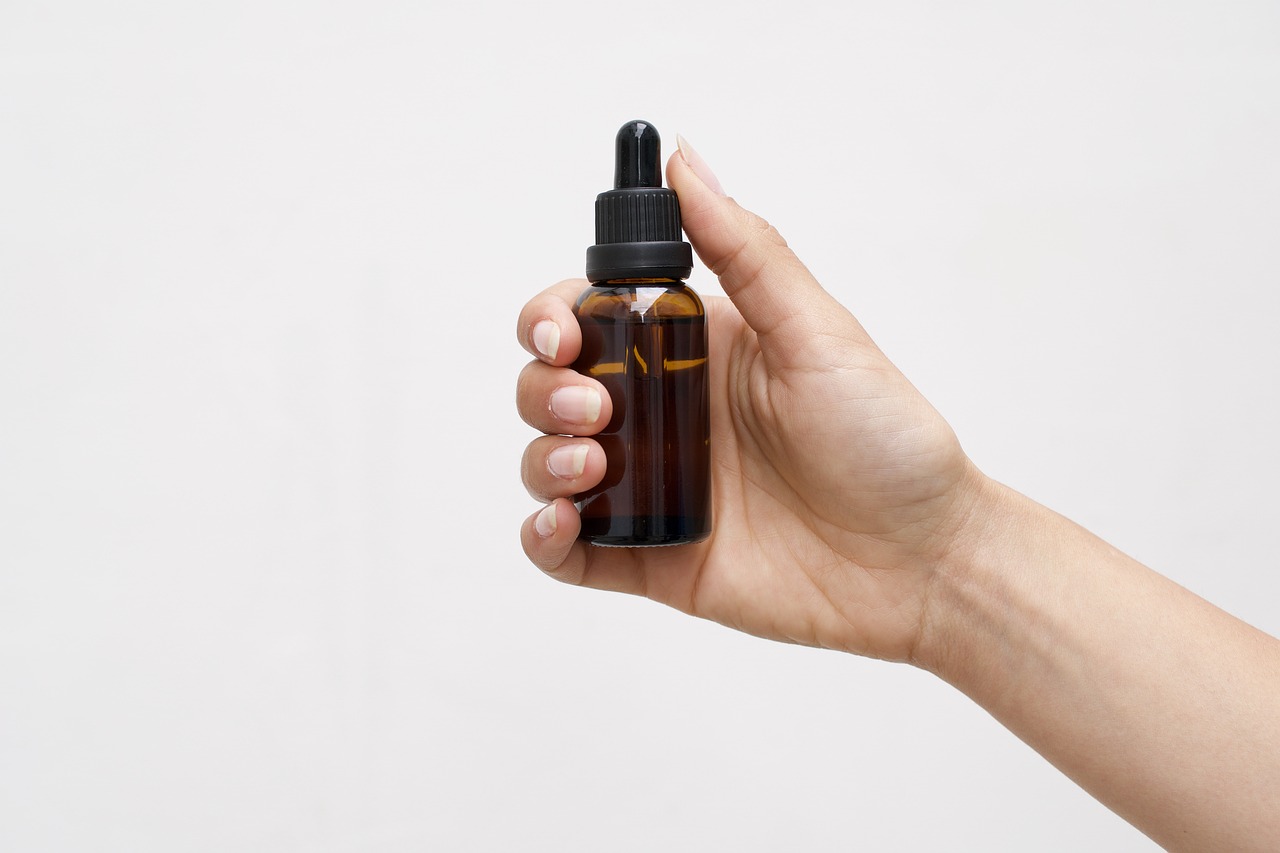
Citronella Oil
Citronella oil is a powerful natural bug repellent that boasts a strong, citrusy aroma. Derived from the leaves and stems of the citronella plant, this essential oil is widely known for its ability to keep mosquitoes at bay. When used in bug sprays, citronella oil acts as a deterrent, creating a barrier that insects find unpleasant and avoid. Its effectiveness in repelling bugs makes it a popular choice for those seeking a natural alternative to chemical-laden repellents.
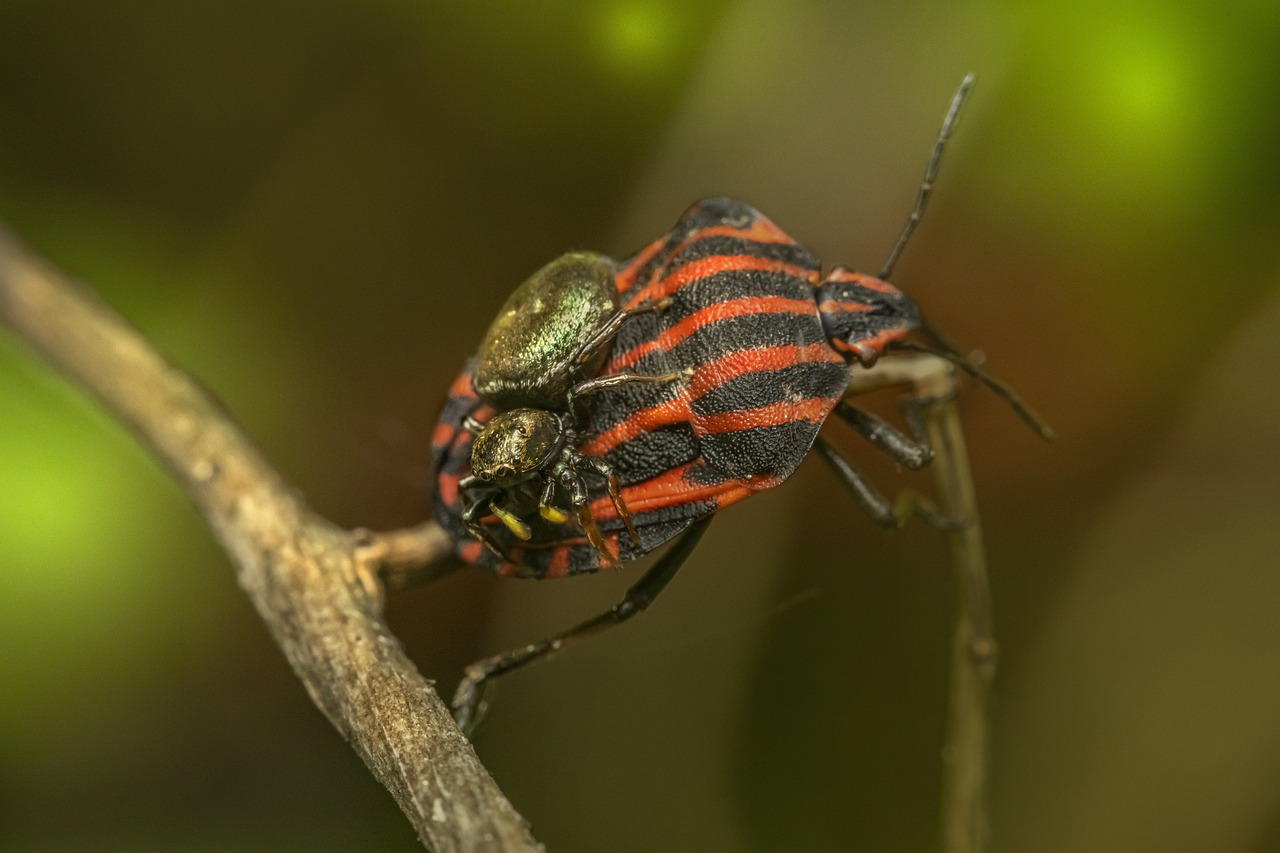
DIY Bug Spray Recipes
Creating your own bug spray at home can be a fun and rewarding experience. Not only do you get to customize the scent and ingredients, but you also have the peace of mind knowing exactly what you are putting on your skin. Let's dive into some simple yet effective DIY bug spray recipes that will keep those pesky insects at bay.
One popular recipe is the Lemon Eucalyptus Bug Spray. This blend combines the fresh and invigorating aroma of lemon with the potent bug-repelling properties of eucalyptus oil. Not only does it smell great, but it also effectively wards off mosquitoes and other unwanted bugs. A perfect companion for your outdoor adventures.
Another fantastic option is the Peppermint and Tea Tree Oil Spray. By mixing peppermint and tea tree oil, you create a refreshing and minty bug spray that is known for its ability to repel a wide range of insects. The cooling sensation of peppermint combined with the strong scent of tea tree oil makes this spray a favorite among many natural enthusiasts.
When making your bug spray, it's essential to use high-quality essential oils and dilute them properly to avoid skin irritation. Experiment with different oil combinations to find the scent that works best for you while effectively keeping bugs at bay. Remember, nature provides us with a plethora of options to create safe and effective bug repellents right in our own homes.

Lemon Eucalyptus Bug Spray
When it comes to natural bug repellents, the Lemon Eucalyptus Bug Spray stands out as a powerful and refreshing option. Combining the zesty aroma of lemon with the robust bug-fighting properties of eucalyptus, this DIY bug spray is not only effective but also invigorating. Lemon eucalyptus oil is well-known for its ability to repel mosquitoes and other pesky insects, making it a popular choice for those seeking a chemical-free solution to bug problems.
To create your own Lemon Eucalyptus Bug Spray, you will need a few simple ingredients. Start by combining distilled water with witch hazel in a spray bottle. Then, add a generous amount of lemon eucalyptus essential oil to the mixture. Shake well before each use to ensure the ingredients are properly blended. This natural bug spray can be applied to exposed skin to keep bugs at bay while enjoying the fresh scent of lemon and eucalyptus.
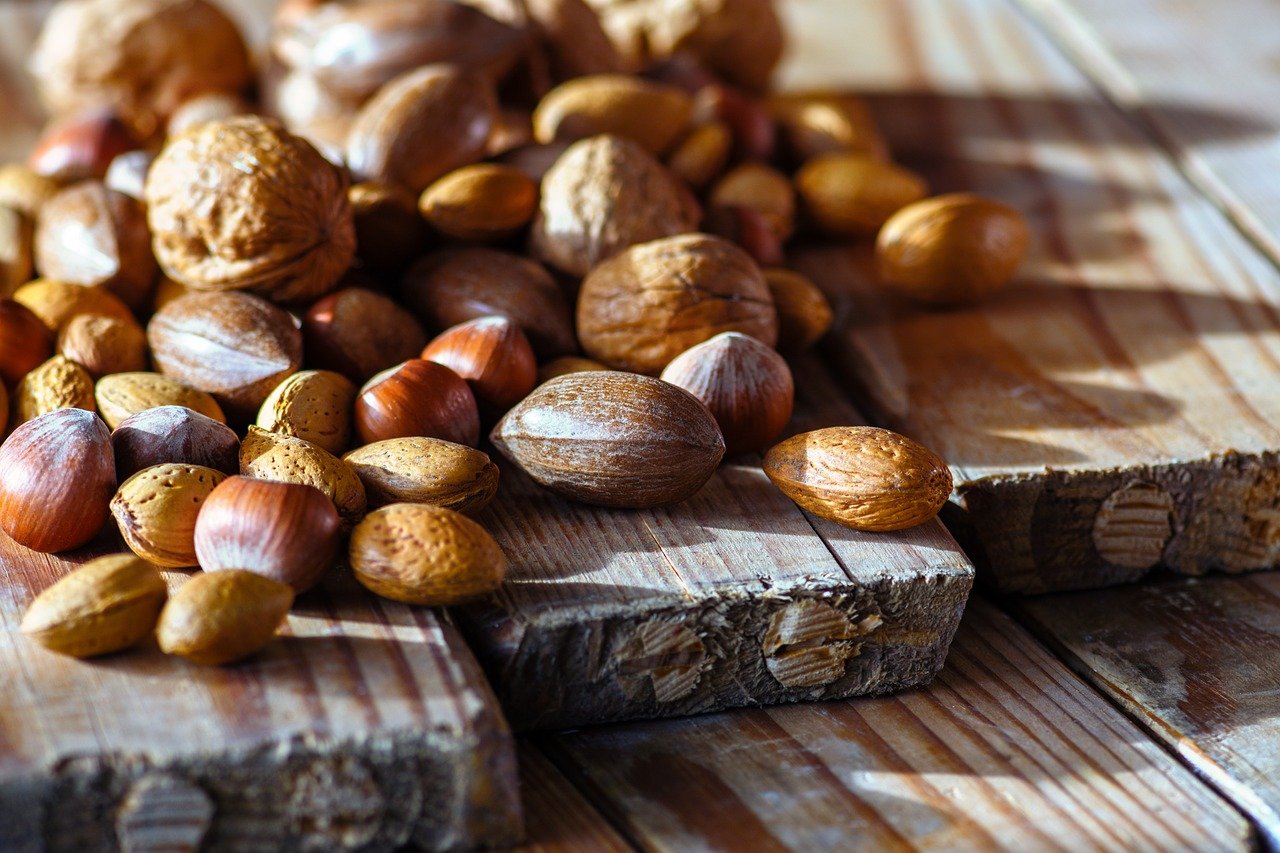
Peppermint and Tea Tree Oil Spray
Creating a bug spray with peppermint and tea tree oil can offer a powerful defense against a variety of insects. Peppermint oil, with its refreshing and minty scent, is known for its ability to repel mosquitoes, ants, and spiders effectively. On the other hand, tea tree oil, with its strong medicinal aroma, acts as a natural insecticide, keeping pests like flies and fleas at bay.
Combining these two essential oils in a bug spray not only provides a pleasant fragrance but also enhances the repellent properties of the solution. The minty freshness of peppermint, coupled with the potent insect-repelling qualities of tea tree oil, creates a formidable barrier against unwanted bugs.
To create your peppermint and tea tree oil bug spray, you can mix a few drops of each essential oil with water or a carrier oil like jojoba or almond oil. This simple yet effective recipe allows you to customize the concentration of oils based on your preference and the level of insect activity in your surroundings.
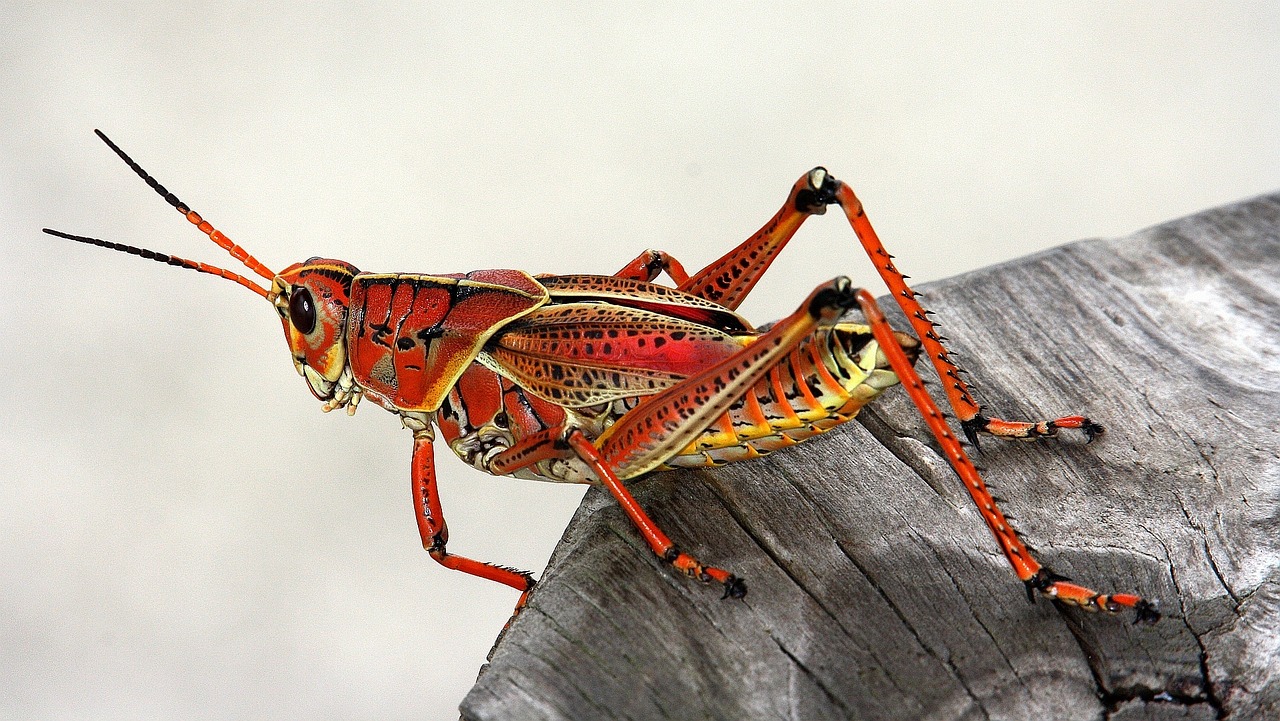
Application and Safety Tips
When it comes to applying organic bug spray, there are a few key tips to keep in mind to ensure both effectiveness and safety. First and foremost, it's essential to shake the bug spray bottle well before each use to ensure that the ingredients are properly mixed. This helps to distribute the essential oils evenly, maximizing their bug-repelling properties.
When applying the bug spray, make sure to do so in a well-ventilated area to avoid inhaling excessive amounts of the spray. It's best to spray the repellent on exposed skin, clothing, and any other areas where bugs may be likely to land or bite. However, be cautious around sensitive areas like eyes, mouth, and any open wounds.
Remember that organic bug sprays may need to be reapplied more frequently than chemical-based repellents, as their effectiveness can diminish over time. It's a good idea to reapply the bug spray every couple of hours, especially if you're sweating or swimming, as water can wash away the repellent.
Additionally, always perform a patch test before fully applying the bug spray to ensure that you don't have any allergic reactions to the ingredients. This can be done by applying a small amount of the spray to a small area of skin and waiting for any adverse reactions before using it more extensively.
Lastly, store your homemade bug spray in a cool, dark place away from direct sunlight to preserve its potency. By following these application and safety tips, you can enjoy the benefits of organic bug spray while keeping yourself and the environment safe from harmful chemicals.
Frequently Asked Questions
- Is organic bug spray as effective as chemical repellents?
Organic bug spray can be just as effective as chemical repellents, especially for repelling common insects like mosquitoes, flies, and ants. While chemical sprays may offer immediate results, organic bug sprays provide a safer alternative without harmful toxins.
- Are essential oils safe to use in bug spray?
Yes, essential oils are generally safe to use in bug spray when properly diluted. However, it's important to perform a patch test before widespread use to ensure you don't have any allergic reactions. Always follow recommended dilution ratios for each essential oil.
- Can I customize the scent of my organic bug spray?
Absolutely! One of the benefits of making your own bug spray is the ability to customize the scent. You can experiment with different essential oils like lavender, citronella, peppermint, or tea tree to create a bug spray that suits your preferences.
- How often should I reapply organic bug spray?
The frequency of reapplication depends on factors such as sweat, water exposure, and outdoor activities. As a general rule, it's recommended to reapply organic bug spray every 2-4 hours for continuous protection against insects.
- Is organic bug spray safe for children and pets?
Organic bug spray is typically safer for children and pets compared to chemical repellents. However, it's essential to use caution and avoid spraying directly on their faces. Consult with a healthcare provider or veterinarian if you have specific concerns.



















